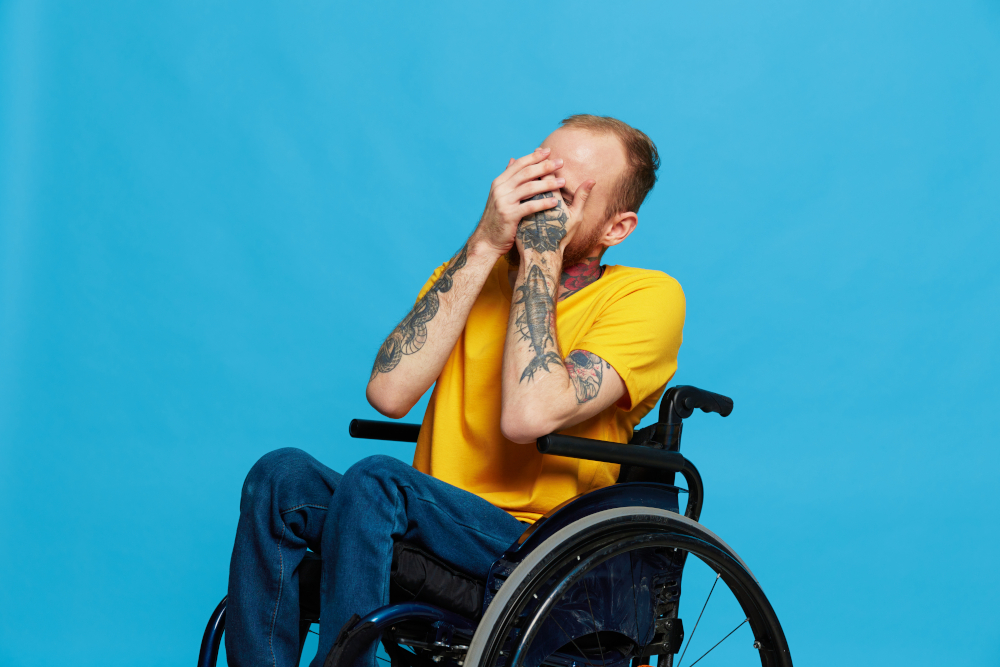The path to recovery from substance abuse is fraught with obstacles, but when you’re disabled, the complexities multiply. As a public health researcher focused on population studies concerning substance abuse, I can affirm that the standard models of addiction treatment often overlook the unique needs of disabled individuals. Your struggle for equitable access to treatment is as much a public health issue as it is a social justice one.
When we talk about recovery, we often don’t realize how profoundly ingrained ableism is in the process. For example, many rehabilitation centers are not equipped with the necessary amenities to assist individuals with mobility issues. From simple modifications like ramps and elevators to specialized medical equipment, the lack of such accommodations can hinder your access to proper care. Even worse, these physical barriers can serve as discouraging reminders of a society that hasn’t fully accommodated you.
Another issue is the lack of trained professionals who understand the intersection between disability and addiction. Psychiatric evaluations, which are key to customizing any effective treatment plan, often ignore the specific psychosocial stressors associated with being disabled. This omission can severely compromise the quality of your treatment. If you’re looking for addiction treatment, try to find a center where the professionals have experience dealing with both disabilities and substance abuse issues to ensure a more comprehensive approach to your recovery.
The COVID-19 pandemic has further complicated the already complex landscape of addiction treatment and recovery. For those with pre-existing substance use disorders, the pandemic has led to reduced access to healthcare and addiction services, coupled with increased psychological stress. These changes have intensified mental health issues, leading to changes in substance use as a coping mechanism. This highlights the urgent need for adaptable and accessible treatment options, especially for vulnerable populations like the disabled, who may face even greater barriers to obtaining the necessary care
However, the challenges don’t end at infrastructural or professional shortcomings. There are also financial considerations that weigh heavily, particularly in South Africa, where income inequality can be stark. Disability often limits employment opportunities, which in turn limits financial resources for treatment. The public healthcare system may offer some assistance, but the coverage is often insufficient for specialized care.
It’s also worth noting that disabled individuals are at a higher risk for substance abuse than the general population, particularly when it comes to prescription medication. These medications, while initially prescribed for a valid medical reason, can sometimes lead to dependency, particularly when your overall healthcare is not closely monitored.
Despite these hurdles, there’s still hope. Non-governmental organizations, advocacy groups, and some healthcare providers are pushing for more inclusive models of addiction treatment. If you’re seeking help, it’s crucial to do your research and connect with these organizations that can guide you to accessible and specialized care. Being armed with knowledge and self-advocacy skills is key to navigating a system that hasn’t yet met your needs.
The recovery is intersected by various challenges ranging from infrastructural barriers and professional limitations to financial constraints and higher risks. While there are organizations working to improve this, the onus is often on you to find and access appropriate treatment. Awareness and advocacy are your strongest allies in this effort. So when you or someone you know is seeking addiction treatment, prioritize those places that account for these additional complexities, because your road to recovery should be as unobstructed as possible.

